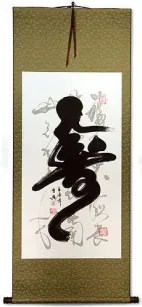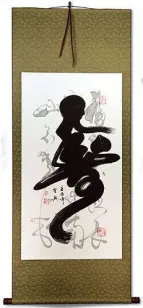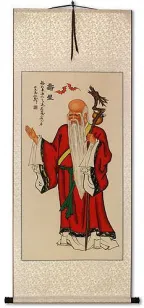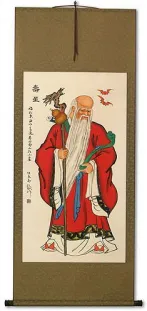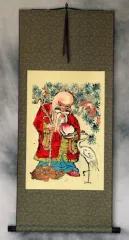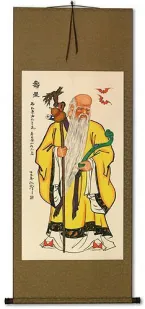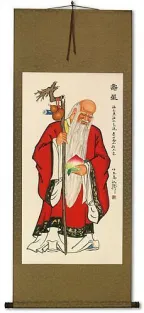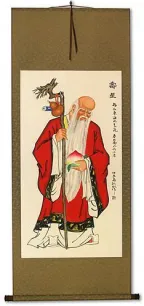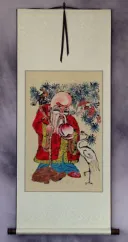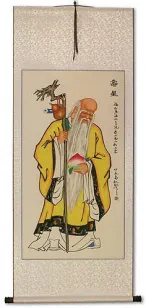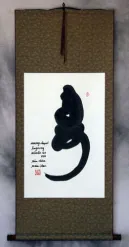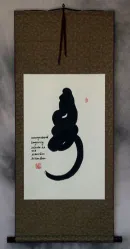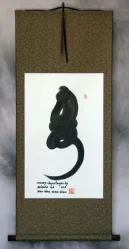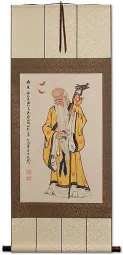Buy Eternal Life / Ever-Lasting Life Chinese & Japanese Calligraphy Wall Scrolls Here!
If you seek eternal life or long life artwork, we can create a custom wall scroll or portrait for you to complete your quest.
This in-stock artwork might be what you are looking for, and ships right away...
Gallery Price: $31.00
Your Price: $16.88
Longevity / Long Life Unique Calligraphy Scroll
Discounted Blemished
Gallery Price: $47.00
Your Price: $26.00
Decorative Longevity / Long Life Calligraphy Wall Scroll
Discounted Blemished
Gallery Price: $31.00
Your Price: $17.00
Gallery Price: $200.00
Your Price: $69.88
Gallery Price: $108.00
Your Price: $59.88
Gallery Price: $200.00
Your Price: $79.88
Longevity Monkey Chinese Symbol Wall Scroll
Discounted Blemished
Gallery Price: $63.00
Your Price: $35.00
Gallery Price: $63.00
Your Price: $35.00
Gallery Price: $63.00
Your Price: $35.00

